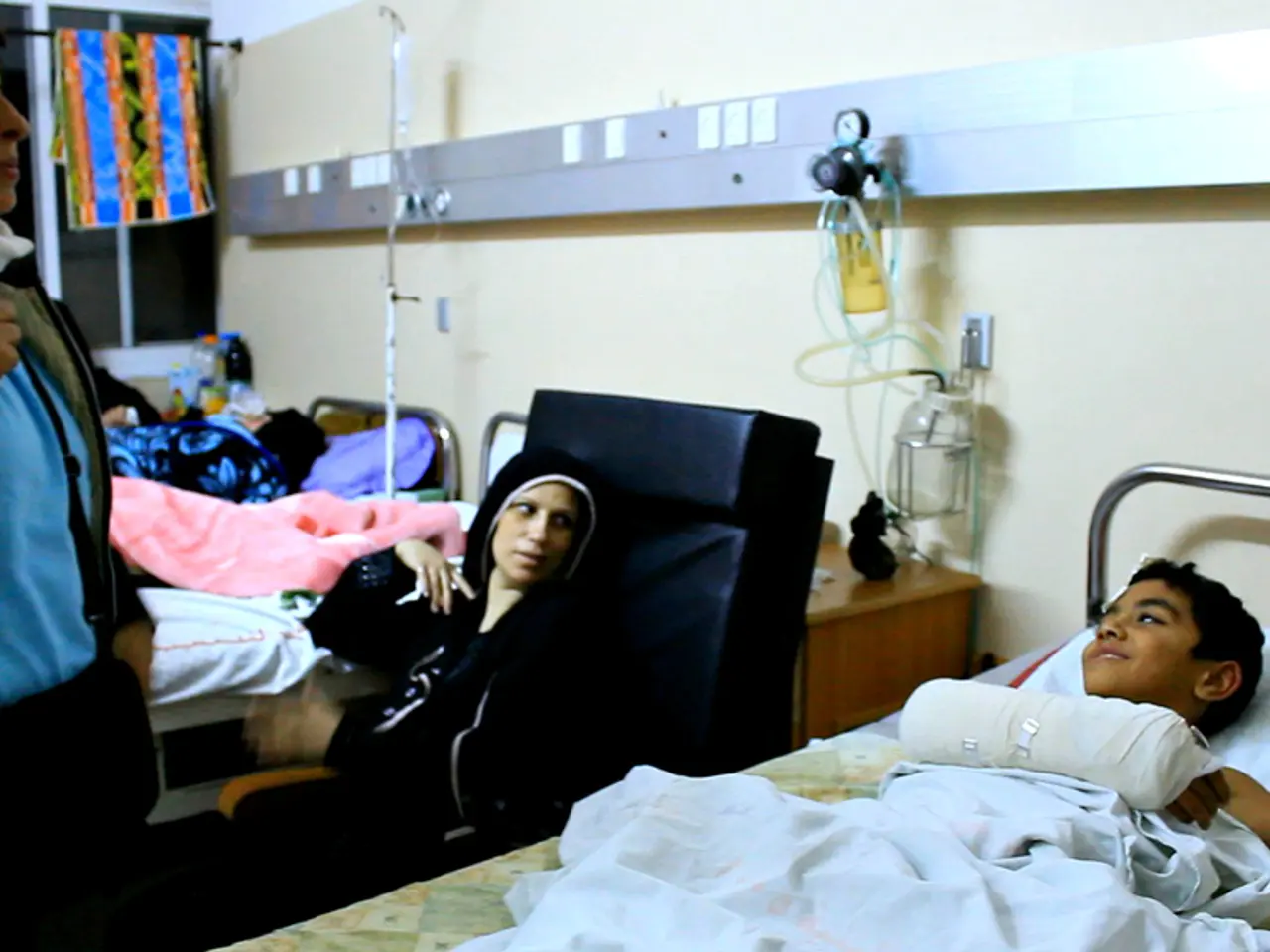HIV's Impact on Mental Well-being: Key Facts
Living with HIV can have a profound impact on an individual's mental health, with a high prevalence of mental health disorders such as depression, anxiety, and suicidal ideation. Studies show that mental disorders in people living with HIV (PLHIV) can range from 18% up to 50%, with some groups, such as HIV-infected women, experiencing depression rates as high as 19% to 62%.
The psychosocial stressors associated with HIV, including stigma, social isolation, fear of disclosure, and financial instability, contribute significantly to psychological distress in PLHIV. Biologically, HIV can penetrate the central nervous system early, causing neuroinflammation and neural injury, which may underpin psychiatric symptoms and cognitive decline.
Substance use, including alcohol, tobacco, marijuana, benzodiazepines, is also prevalent among PLHIV and can exacerbate both mental health issues and HIV treatment outcomes. Suicidal ideation and attempts are higher among HIV-positive sexual minority men and young people living with HIV, associated with increased depression, anxiety, perceived stress, and substance use.
The primary medical treatment for HIV is antiretroviral therapy (ART), which can control and suppress the virus. While ART is fundamental for HIV management, its effectiveness in preventing or delaying the progression of HIV-associated mental disorders is limited for some patients. Mental health treatment integration remains sparse, with only about half of PLHIV with diagnosed mental health conditions being referred to appropriate psychiatric or psychological services.
Psychosocial interventions like counseling, support groups, and stigma reduction efforts are crucial to improving mental health and ART adherence. Addressing substance use alongside mental health can improve adherence to ART and overall health outcomes. Enhanced education on ART, management of side effects, and support tailored to vulnerable groups (young adults, minorities) are needed for improving adherence and quality of life.
In times of crisis, it is essential to seek help immediately. If someone is at immediate risk of suicide, they should call 911 or a local emergency number. Caring counselors are available to listen and provide free and confidential support 24/7 via the 988 Lifeline (988 or chat at 988lifeline.org) or Crisis Text Line (text HOME to 741741). Befrienders Worldwide also provides a helpline in various countries.
In summary, mental health disorders, especially depression, anxiety, and suicidality, are markedly prevalent and intertwined with HIV infection due to biological and psychosocial mechanisms. Comprehensive care that includes mental health treatment and social support is essential for improving the wellbeing and prognosis of individuals living with HIV. It is important for people living with HIV to speak with a healthcare professional about their mental health.
- The high prevalence of mental health disorders in individuals living with HIV (PLHIV), such as depression and anxiety, can be attributed to factors like stigma, social isolation, and financial instability.
- CBD, a substance commonly found in marijuana, may have potential benefits in managing mental health issues and reducing neuroinflammation caused by HIV.
- Mental health treatment integration is currently lacking, as only about half of PLHIV with diagnosed mental health conditions are referred to appropriate psychiatric or psychological services.
- Beyond focusing on antiretroviral therapy (ART), it is crucial to address psychosocial needs, substance use, and tailor support to vulnerable groups, such as young adults and minorities, to improve adherence, quality of life, and overall health outcomes.




